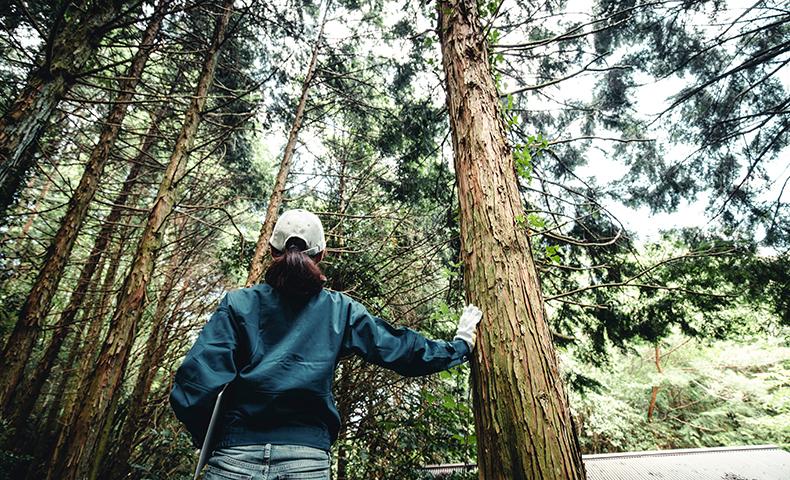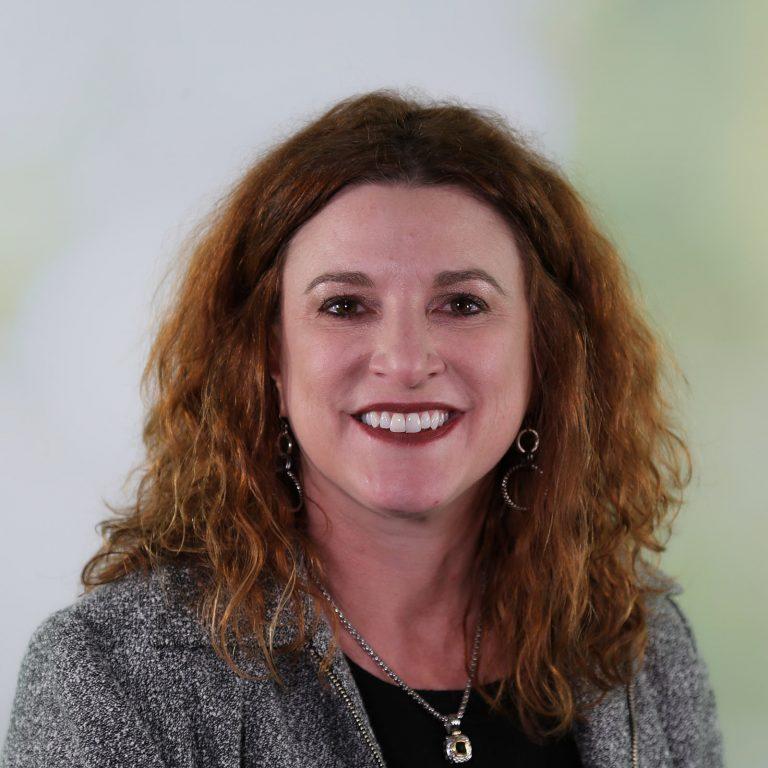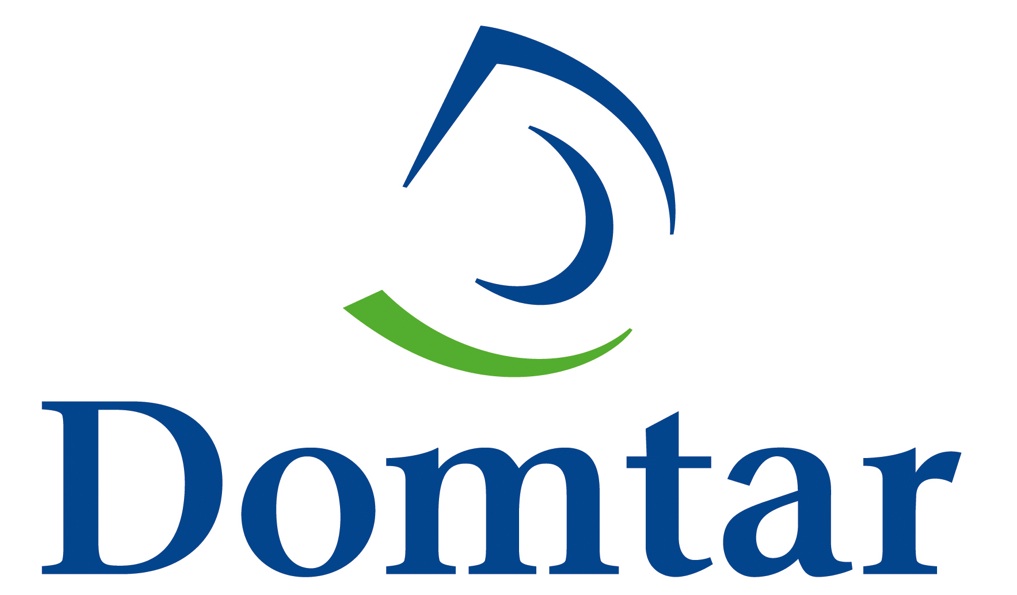Domtar Joins American Forest Foundation’s Family Forest Carbon Program
As an extension of our sustainable forestry principles, Domtar has joined the American Forest Foundation (AFF) as a partner in its Family Forest Carbon Program (FFCP). This new initiative, designed to enhance carbon sequestration in family-owned forestland across the United States, includes other business partners and charitable foundations, as well as the Nature Conservancy.
The FFCP represents a new approach to climate change mitigation that taps into the carbon storage potential of family-owned forestland while creating a new market and source of income for the families who dedicate time and effort to their forest management.
“Domtar understood the support we needed to engage landowners and implement FFCP at the ground level, and they have shown leadership in providing resources essential to the execution of this program,” says Nathan Truitt, vice president of strategic partnerships at AFF. “Domtar’s investment has been instrumental in setting the groundwork for this program, and we couldn’t do this work without their support. We encourage other businesses to follow their lead by investing in new approaches that tap the carbon potential of family-owned forests.”
Families own 290 million acres of America’s forests — more than state or federal governments and the forest industry — and many cite cost as a barrier to effectively managing their forestland. These private forests represent a landmass about the size of California and Texas combined. Domtar’s FFCP support will expedite family forest owner outreach and enable owners to take action on their land in Pennsylvania, where the program is being pilot tested.
Paige Goff, vice president of sustainability at Domtar, joined AFF’s board of trustees this year, where she will serve a three-year term. She says this carbon sequestration effort is just one area of shared interest for Domtar and AFF. Beyond creating a carbon market for family landowners and improving family forest management, the FFCP also improves overall forest health, fire resilience and water quality.
“Domtar has a long history of environmental stewardship, and we are inspired by this innovative approach that improves forest management and brings family forest owners into carbon markets,” she says. “We are proud to support the FFCP as it will protect and restore land upon which countless people, ecosystems and wildlife depend.”
FFCP and Carbon Sequestration
The FFCP incentivizes individual and family forest owners to adopt forest management practices that improve forest health and increase carbon sequestration, incorporating family forest owners in the global effort to reduce carbon dioxide in the atmosphere.
Research published by The Nature Conservancy and 21 other institutions in Science Advances demonstrates that nature–based solutions, such as the FFCP, can help absorb 21 percent of the carbon pollution produced in the United States — 30 percent more than previously estimated.
Domtar is already committed to safeguarding endangered forests and wildlife, respecting the culture and rights of indigenous peoples and conserving natural forests and biodiversity by sourcing wood from responsibly managed forests.
In addition to the benefit of mitigating climate change through carbon sequestration, the FFCP offers incentives for forest owners that align with Domtar’s work to help keep forests as forests. For example, we are working to increase the supply of certified fiber through multiple certification programs. We also helped develop the Four States Timberland Owners Association and Appalachian Woodlands Alliance to promote certification and help small landowners.
“Domtar and other companies are deeply engaged in improving the management of private forests,” says Lucas Dillinger, a wood procurement manager for Domtar who also has served on the board of the Forest Stewardship Council in the United States. “We have to do our share in order to keep private lands well managed so that we can see forests thrive into the future and offer a sustained yield.”
Learn more about our work in sustainable forestry:



